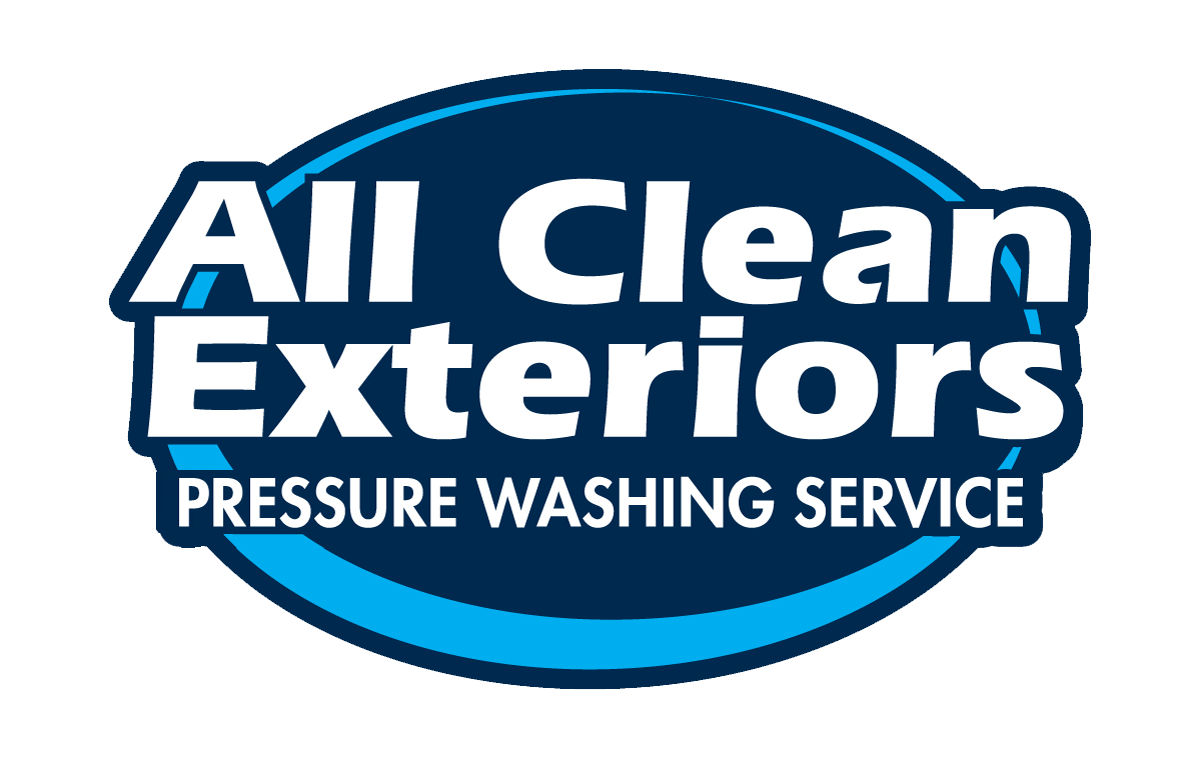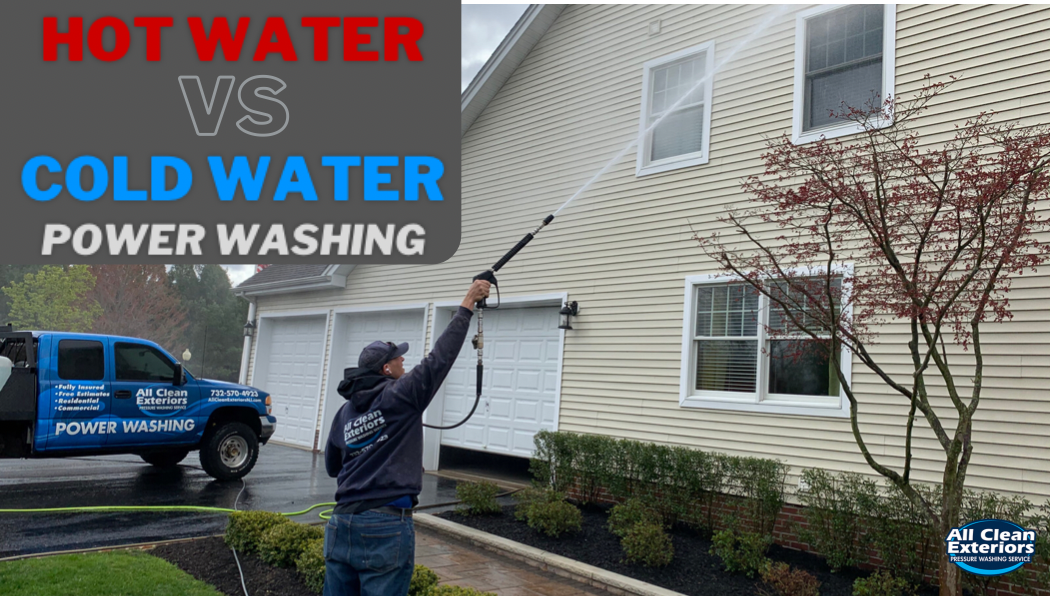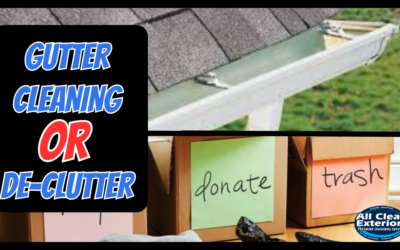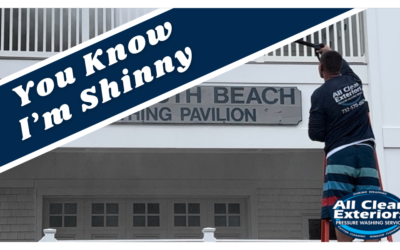What is the Difference Between Hot and Cold Water Power Washing?
There are many types of power washers on the market. Some of them are gas-powered or electric. Some are specific for commercial use or residential. But an often forgotten category is hot or cold water power washing.
Obviously one difference is the temperature of the water, but there’s more. There are pros and cons to each one of these and I’m going to cover them all so you can make a better decision about which one is better for you.
Check out the difference between soft washing and power washing.
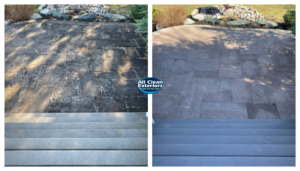
Cold Water Power Washing
First and foremost, understand that both cold and hot water power washers use water pressure to clean a surface. However, cold water machines tend to be much more popular among homeowners. This is mostly because cold water machines are substantially cheaper in cost and usually size.
Cold water pressure washers are so popular due to their small, more compact dimensions. This makes them much easier to move around and work with. Furthermore, the required maintenance for a cold water power washer is much easier when compared to a hot water power washer.
As previously stated, a power washer uses water pressure to clean a surface. More than that, a cold water washer relies heavily on the high pressure of the water to dislodge dirt from a surface. The force of the water is enough to clean many things but lacks the ability to clean tough grease and oil stains. This can be a problem depending on what you plan on using your power washer for. To assist in these situations, a cleaning detergent can be used, but they too often fall short of a full cleaning.
Pros of Cold Water
- Affordable
- Portable
- Water Pressure
- Maintenance
Cons of Cold Water
- Cleaning ability
Before you start cleaning on your own check out The Top 5 Most Common Power Washing Mistakes.
Hot Water Power Washing
This should be easy, think about every time you clean something. The dishes, laundry, your own hands. For each of these situations, the most commonly used water temperature is hot. So why do we use hot water? Well to get technical, hot water has faster moving molecules when compared to cold water. If everything else is exactly the same, faster moving molecules will clean more effectively than slower moving ones. That is because faster moving molecules displace dirt and grim much more easily.
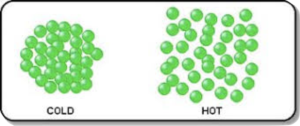
It’s the same thing when it comes to power washing, especially when cleaning oil and grease. That is because oil and grease molecules will break free from their bonds when heated. Therefore, the water pressure combined with hot water is the perfect combination to rid any surface of oil, grease and more. An just to add icing on the cake, a cleaning detergent will assist in breaking down those molecule bonds more quickly.
In addition, hot water power washers are generally a better option. Some of them can even meet the sanitation requirements for certain food service applications.
The last factor to consider is the price. It always comes down to money. Hot water pressure washers can cost double and even triple the amount of a comparable cold water pressure washer. This is due to the need of continuously heating the water during operation. Furthermore, this will cause the need for additional mechanical maintenance and higher fuel costs.
Pros of Hot Water
- Cleaning Ability
- Did I say Cleaning Ability
Cons of Hot Water
- Price
- Size
- Maintenance
Conclusion | Hot or Cold Water Power Washing?

So what is the better option when it comes to using a cold water or hot water power washer? Well that depends on what you plan on using it for. If you are in need of cleaning grease and oil well then you only have one option and that’s hot water. However, if you are going to use it for general cleaning and mostly to remove dirt, cold water will work just fine. In addition, remember to stay within your budget. You can always consider buying a used power washer as well. Or just call us while you sit back and relax and watch us do it for you!
Ready to hire a professional power washer? Make sure you ask the right questions. Check out our previous article detailing the most important questions to ask a professional power washer.
